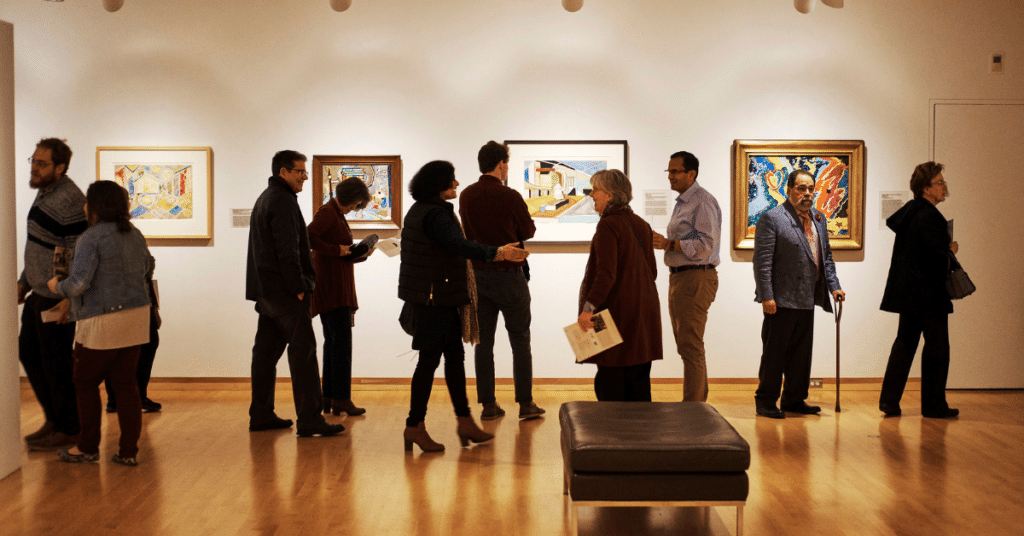The University of Tennessee, Knoxville (UT) has made a significant new investment into the UT Humanities Center, signaling a strong commitment to advancing interdisciplinary research and scholarship in the arts and humanities across campus.
The five-year agreement, effective January 1, commits more than $700,000 annually from the College of Arts and Sciences, the Office of the Provost, and the Office of Research, Innovation, & Economic Development to support UT Humanities Center operations, activities, and programming.
“This funding will help the Humanities Center to realize its vision of being a supporter and incubator of vanguard arts and humanities research at UT,” said Amy Elias, director of the UT Humanities Center. “We’re excited to attract diverse and distinguished national and international programming partners and external funding opportunities while connecting arts and humanities research to the public good through outreach and engagement.”
Additionally, the funding will help the UT Humanities Center continue to build inter-departmental and public partnerships. Ultimately, the Center aims to increase visibility and support for individual and collaborative humanities research while promoting both the diversity in perspectives across the humanities fields and the transformative potential of this work for society.
“This investment in the Humanities Center represents just one part of the university’s commitment to advancing humanities research, scholarship, and creative activity,” noted Provost John Zomchick. “The work being done in these fields is critical to solving the complex issues facing our community, the state of Tennessee, and even the world.”
The Center has previously developed outreach with the community and supported interdisciplinary projects such as the nationally acclaimed 2020 symposium retrospective on James Baldwin and Beauford Delaney as well as a “humanities computing” initiative that brings computer science professors together with arts and humanities professors working in the field of digital humanities.
“For a decade the UT Humanities Center has provided the space and time for humanities faculty and students to work on a major project, share their work with one another, and with visitors,” said Theresa Lee, Herbert Family dean of the College of Arts and Sciences. “The opportunity to spend a year with the Center has increased the rate of publications, fellowships, and national recognition for our humanities and arts faculty.”
This new investment by the College of Arts and Sciences, the Office of the Provost, and the Office of Research, Innovation, & Economic Development was the result of a shared recognition
that the work of the Center, which directly supports UT’s artists and humanists, also provides innovative pathways for collaboration and engagement with other disciplines and with the public. The Center promotes interdisciplinary public conversations and research concerning academic, social, and cultural issues central to human flourishing, justice, equality, and ethical action in the world.
“Making this investment was an easy decision because of the enormous value that the Humanities Center creates and the work it enables, both here at UT and in our broader community,” said Vice Chancellor for Research Deborah Crawford. “By providing additional resources that will allow the Center to grow and thrive, we are recognizing the exceptional contributions of our colleagues in the arts and humanities, and demonstrating our belief in the power of their work and its impact on the world we all share.”
The UT Humanities Center, which began its first full term of operation in academic year 2012-2013, is a research center that supports advanced study of the arts and humanities, fosters interdisciplinary research that includes humanistic inquiry, and advocates for the value of the arts and humanities in solving complex societal problems. At its core are the departments of Art, Classics, English, History, Modern Foreign Languages & Literatures, Music, Philosophy, Religious Studies, and Theatre. The Center also engages with fields as diverse as architecture, law, ethnic and cultural justice studies, gender studies, anthropology, geography, citizenship studies, sustainability studies, and digital computing.
